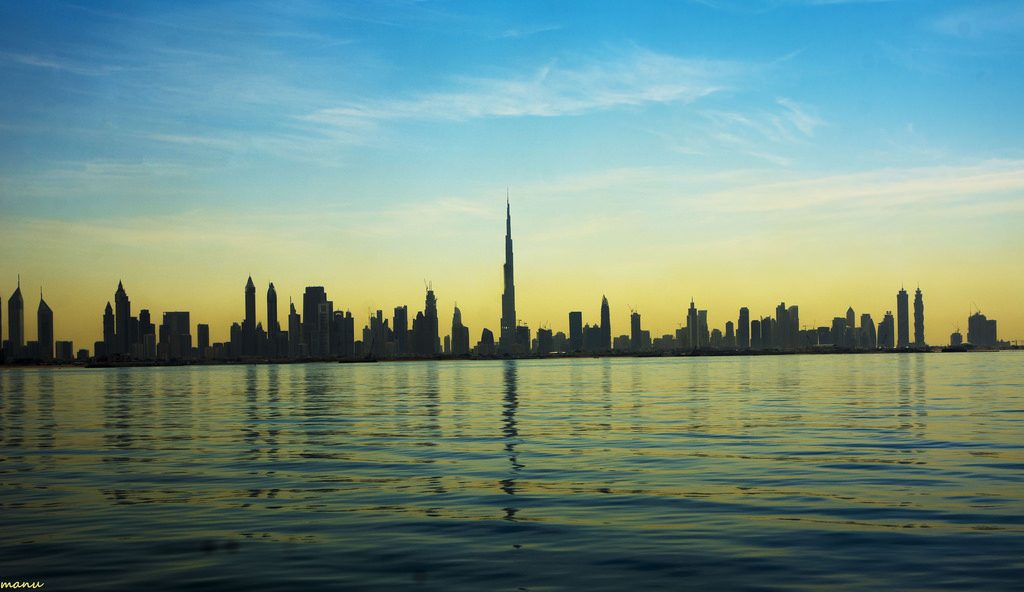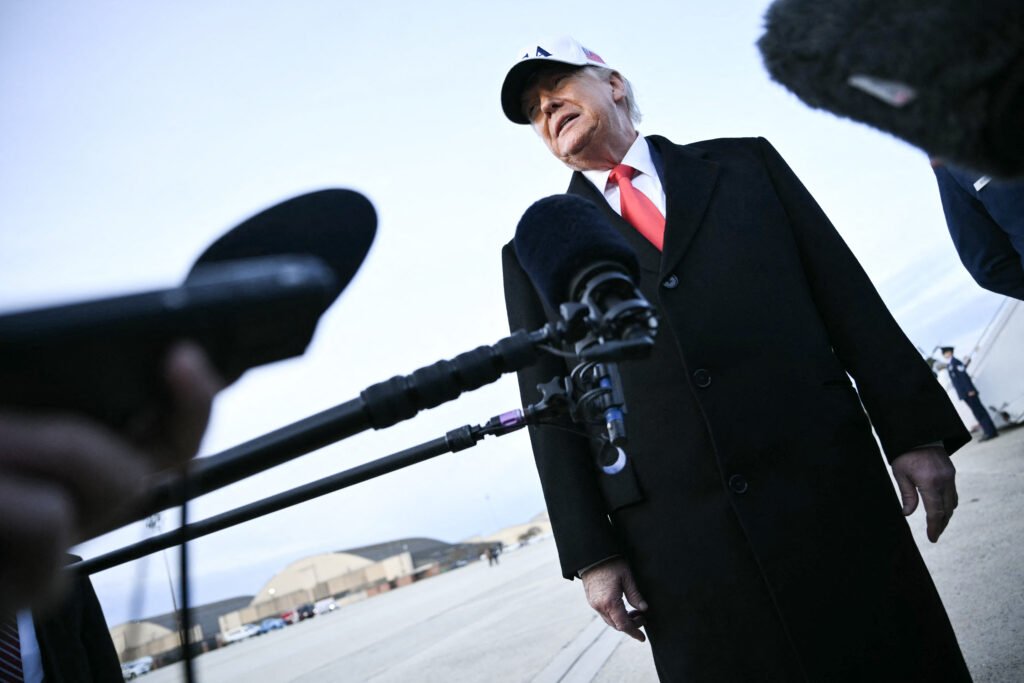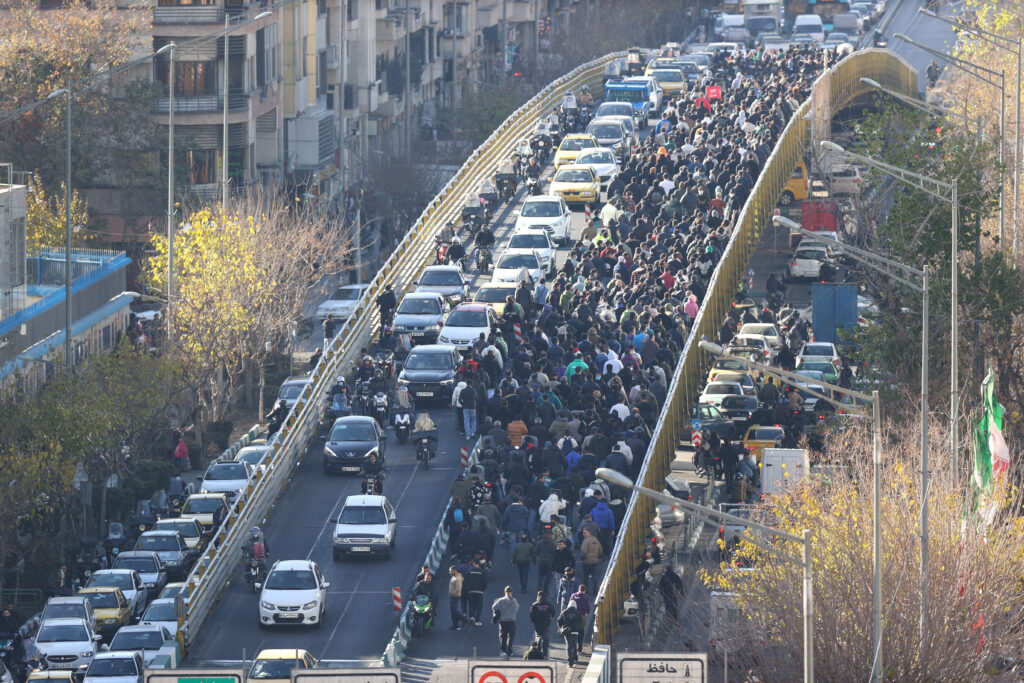Today, Research Fellow Nisha Mathew discusses the issues surrounding the cultural, economical and political links between contemporary Emirati society and neighbouring Qatar. Read on to find out more.
Qatar, UAE and the Latest Game in the Gulf Crisis
- -

Qatar and its rivals, Saudi Arabia and the UAE are fighting the conflict in the GCC on many fronts and in different places, including ports in Africa and cities in the West. After playing a year-long game of diplomatic chess in Washington D.C. which has yielded mixed results for either side, the Gulf States are now looking homeward, and back to where it all began. In a move unprecedented in the region, Qatar and the UAE are opening up their economies to complete ownership of business firms and permanent residency for foreigners. While Qatar announced its plans in August 2017, the UAE announced its regulations on visas and commercial licenses for foreign businesses less than a month ago. The two competing states, never mind the purported differences in their political ideology, draw fundamentally from the same economic well when it comes to governance on the domestic front.
Yet, there are specifics within this model pioneered by Dubai in the 1990s and emulated by others like Doha and Abu Dhabi much later, which we would do well to note. For it is in these specifics that clues to the differences in the possible outcomes of similar laws and regulations in Qatar and the UAE lie. While Qatar is looking at permanent residency, the terms of which need to be worked out in an elaborate manner, the UAE has taken a more hands-on and flexible approach with a ten-year residency visa for defined areas of professional, technological and research expertise. The latter can be brought into effect at short notice because the UAE, particularly Dubai, has the necessary infrastructure to pull it off, and also because people from many different parts of the world actually want to go and live there. Over half a century, expatriate families migrating for jobs and businesses have established a social and cultural base that works like a magnet for their compatriots and fellow citizens working and living elsewhere to choose Dubai over other places in the Gulf. A ten year visa will actually let them shift their physical base without affecting in any way their cultural networks or social lives.
If Dubai has the advantage of an early start, the rest of the emirates including Abu Dhabi only need to replicate the same social and urban dynamics and make place for those that the city cannot accommodate, thanks to limitations on space. This is challenging in itself since it requires co-ordination, co-operation and consensus on a level never attempted before, but is not impossible. Qatar’s offer of permanent residency to eligible foreigners bring with it certain advantages such as access to free healthcare, housing and education, putting them in some sense on a par with Qatari citizens themselves. Of course, this is a significant incentive but Qatar will have to accomplish much before any of these is ready for access. FIFA 2022 may be a big win in the economic competition with its rivals but families seeking to settle in the city care little for a game of football or the infrastructure designed around it, when they can have parks, malls and entertainment centres of all stripes in the Emirates.
A significant question and one that in the long run holds the potential to further precipitate the conflict is the ethnicity of the prospective permanent resident in Qatar. A foreigner anywhere in the GCC we know, is not a blanket category. With no end to the crisis in sight the rifts within the category of the foreigner will most likely accentuate and become deeper. The state may not distinguish between ethnicities, and opt to work with class and professional credentials as benchmarks, instead. However this may work only in principle and the chance that pragmatics will dictate a certain preference for certain ethnicities and nationalities in keeping with the state’s political leanings in the Middle East cannot be ruled out. Iranians, Turks and political dissidents from neighbouring Arab states like Egypt in Qatar will not be taken lightly by the Saudis, Emiratis and others.
Europeans are quite likely to be biased in favour of the UAE for more than social and cultural reasons, while affluent South Asians have more than these to choose the country over Qatar. Indian businesses in the GCC operate more as networks than corporations, meaning they need to have a base in different cities within a region and beyond. Given how mobility of capital, goods and people between Qatar and the other GCC players have been affected, it makes sense for them to drop Doha from their map rather than relocate there and carve out a new regional geography for their commercial operations. Any possibility in the other direction would require the state in Doha doing its political homework in the region, finding new cities and centres like those in Oman for instance, and moving pawns cautiously in diplomatic circles in the West. Much of what happens in Washington D.C., though will depend on the games that the Saudis and the Emiratis play and how the American presidency responds to them.







